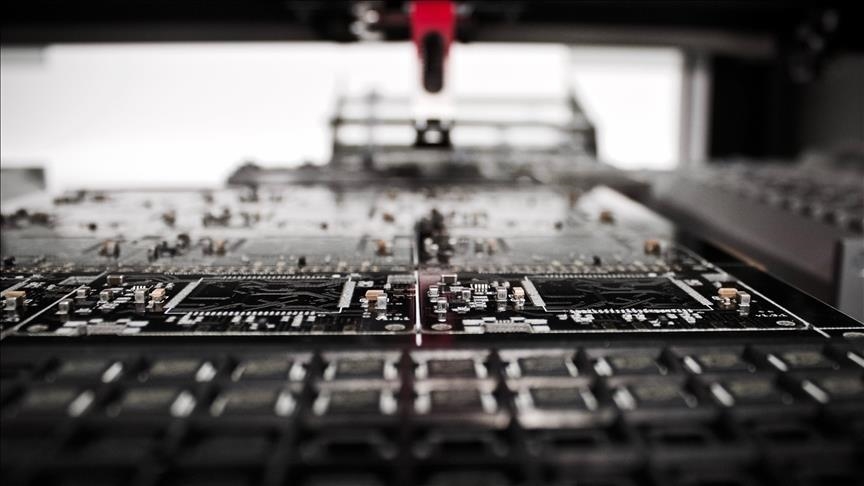WNAM Monitoring: China lashed out against the US on Thursday after the Pentagon added the country’s leading memory chip maker along with several other Chinese tech firms to a list of companies it accuses of aiding the People’s Liberation Army (PLA), urging Washington to reverse its decision.
The Pentagon on Wednesday labelled the firms “military companies” that pose a national security risk to the US, including memory-chip maker Yangtze Memory Technologies Corp. (YMTC) and artificial intelligence (AI) company Beijing Megvii.
“China firmly opposes the US overstretching the concept of national security, setting up all kinds of discriminatory lists, going after Chinese companies and disrupting normal economic and trade cooperation between China and the US. This is a complete departure from the principles of market competition and international trade rules that the US has long claimed to champion. Such moves erode the confidence of foreign companies to invest and operate in the US and undermine the interests of US companies and investors. It is bound to backfire,” Foreign Ministry spokesman Wang Wenbin told reporters in Beijing, according to a transcript of his press conference.
“In fact, the US government is the mastermind of military-civil fusion policy. This policy in the US dates back to before WWI, when the US Pentagon set up offices in the Silicon Valley and other tech hubs to guide high-tech companies to accelerate the military application of technologies and their use in the battlefield.
“Many large multinational corporations in the US are actors of the military-civil fusion policy, since their business scope and product portfolio go far beyond the civilian sector into the military sector.
We urge the US to immediately correct these discriminatory practices and provide a fair, just and non-discriminatory business environment for Chinese companies. China will continue to firmly safeguard the lawful and legitimate rights and interests of its companies,” he added.
The Pentagon list already has companies like phone maker Huawei and primary chip manufacturer Semiconductor Manufacturing International Corp., or SMIC.
Treatment of Chinese students in US
Wang’s remarks come a day after China said the US has “frequently harassed, interrogated and deported Chinese students arriving in the US out of political purposes.”
At least eight Chinese students with “lawful and valid travel permits were harassed, interrogated” and deported for “groundless reasons” since last November, said Wang.
“The US likes to portray itself as open, inclusive and a place advocating academic freedom and ‘no border in science,’ but it politicizes and weaponizes academic research and overstretches the concept of national security to wantonly suppress and ill-treat Chinese students,” he said.
Beijing urged Washington to “immediately stop suppressing and restricting Chinese students travelling to the US under the so-called national security reasons.”
There were at least 289,526 Chinese students in the US until last fall studying at various educational institutions, while the number of American students in China rebounded to 700 last year.
Asked about China’s concern over the student issue, Beijing-based commentator Einar Tangen told Anadolu: “The problem is that the daily accusations and criticisms of China have convinced many Americans that anyone from Asia can’t be trusted, because most Americans can’t tell the difference between people from different Asian countries.”
But “China will continue to try to engage, as there are few other ways to bridge the trust gap caused by negative government narratives, the media and the isolation created by COVID-19.”
“China remains committed to people to people exchanges as a means of addressing trust between peoples,” he added.


